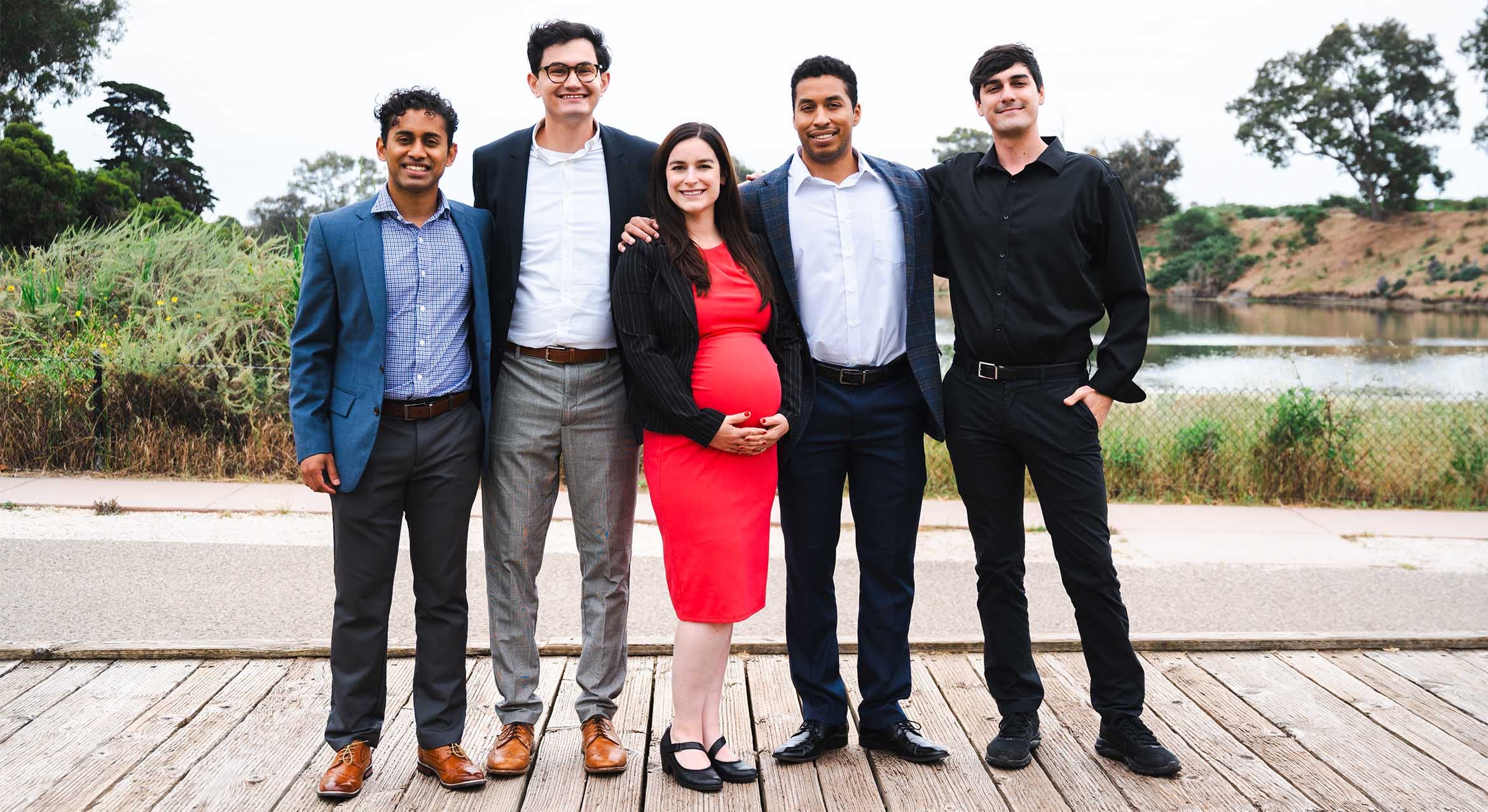Larry E. Beutler, professor of education and psychology at UC Santa Barbara, has been asked by the president of the American Red Cross to provide training for the organization's workers in how best to counsel families and survivors of the terrorist attacks of September 11 in New York and Washington, D.C.
Beutler, who is president-elect of the Society of Clinical Psychology, and Bruce Bongar, a colleague from Stanford Medical School, will conduct training in the nation's capital October 20-24, using techniques they have researched and developed.
"The more popular methods call for survivors and victims to be encouraged to revisit their trauma and experience all of the grief and anger they are feeling," said Beutler.
"But new research has shown that these approaches rarely produce lasting benefits."
Instead, Beutler said, his research findings illustrate the importance of education in dealing with shocking and horrifying events.
Citing work by psychologist and firefighter Richard Gist and his colleagues, Beutler observes that there are distinct differences between approaches that seek to "educate" and those that seek to "heal."
"For example, unlike conventional health and illness approaches, educational approaches to trauma do not assume that strong reactions to trauma are illnesses ---they are normal reactions to unfamiliar situations that are perceived as leaving one in danger of injury or death," Beutler said.
Further, Beutler said that educational approaches seek to help people psychologically distance themselves from the trauma rather than to re-experience it and dissect it.
They also help people learn new and effective ways for coping with the new situations rather than assuming that old ways will be sufficient, and emphasize personal strengths and extant support from family and friends rather than offering solutions from experts.
These latter approaches, therefore, "encourage people to use and expand their own strengths and resources rather than becoming dependent on the health care system, while still offering to those who lack these assets, the wisdom and assistance of professional helpers," Beutler said.



